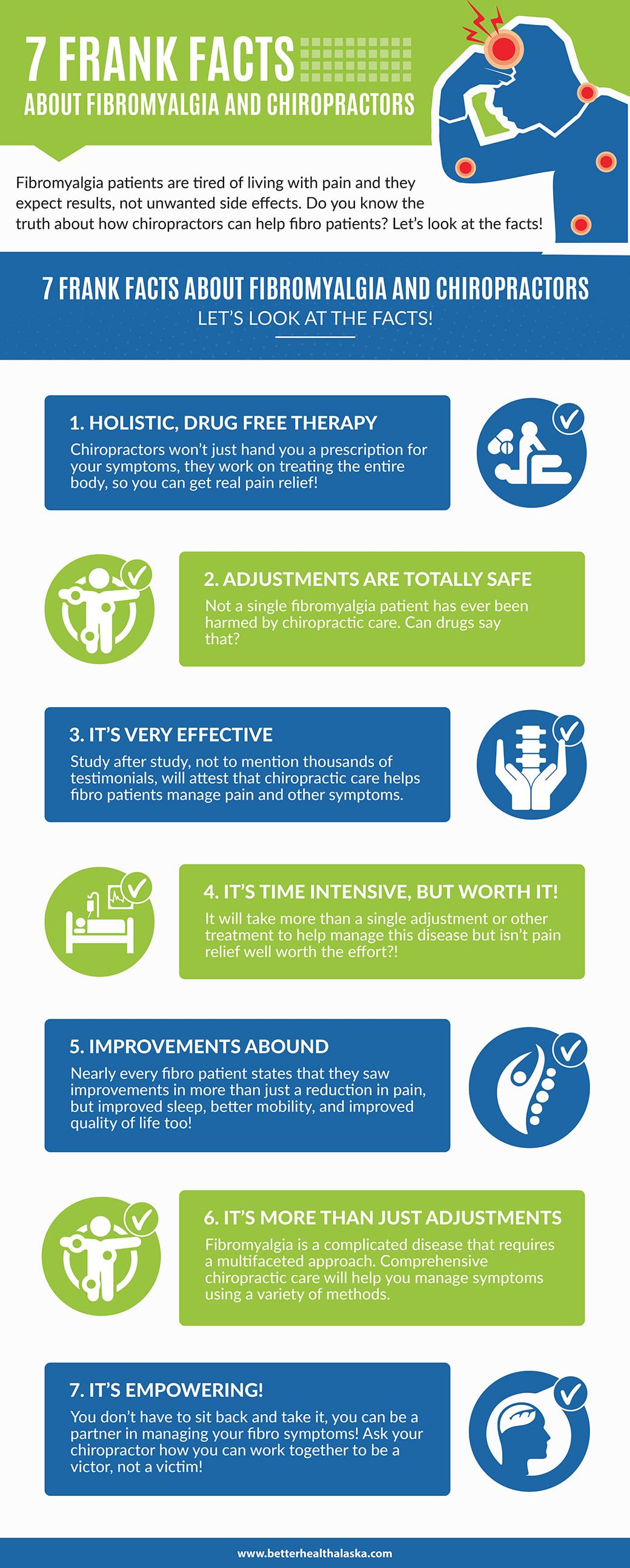Are Chiropractic Care Adjustments Compulsive? Differentiating Fact From Misconception
Are Chiropractic Care Adjustments Compulsive? Differentiating Fact From Misconception
Blog Article
Published By-Rode Justesen
You could have listened to that chiropractic care adjustments can cause an addicting reliance, but that's an usual false impression. Several people find relief without creating any type of addiction. It is essential to comprehend the true objective of these changes and exactly how they fit into your general health approach. So, what exactly does the science claim about chiropractic care and your wellness? Let's discover the truths.
Comprehending Chiropractic Adjustments and Their Function
When you think about chiropractic adjustments, it's vital to recognize their objective and just how they function. These adjustments aim to fix imbalances in your back and joints, advertising far better positioning and activity. By using regulated force to specific areas, chiropractic doctors help minimize discomfort, boost feature, and boost your total wellness.
Chiropractic care concentrates on your body's capability to heal itself, highlighting the link between the spinal column and the nervous system. When your spine is aligned, it can reduce nerve interference, allowing your body to operate optimally.
Normal modifications might also aid stop future concerns, keeping you energetic and pain-free. Ultimately, chiropractic adjustments offer to sustain your health, enhance movement, and improve your quality of life.
Common Myths Regarding Dependency and Chiropractic Care
Lots of people hold false impressions about the connection in between chiropractic care and addiction therapy. One usual misconception is that chiropractic care adjustments create an addiction-like dependence. In truth, many clients discover relief from pain and pain, however this does not indicate they create an emotional or physical dependency.
Another myth is that chiropractic specialists are simply trying to maintain you returning for even more adjustments. extreme pain in lower back when standing up of chiropractic doctors prioritize your wellness and go for lasting health and wellness as opposed to constant check outs.
Furthermore, some think chiropractic care can replace traditional dependency treatments, but it must complement, not replace, evidence-based therapies. Understanding these myths can assist you make informed choices concerning your wellness and wellness without dropping victim to misinformation.
The Science Behind Chiropractic Adjustments and Person Experience
While some might question the efficiency of chiropractic changes, an expanding body of study sustains their duty in easing discomfort and boosting general function.
Studies indicate that back control can minimize pain from conditions like reduced pain in the back, stress frustrations, and neck discomfort. When you go through chiropractic treatment, the modifications aim to recover proper positioning, improving your body's all-natural healing abilities.
Many patients report raised movement and a higher feeling of health after therapy. Additionally, the restorative partnership you build with your chiropractor can boost your experience, as they provide customized care customized to your demands.
pressure in lower back of scientific support and favorable person experiences helps make clear why chiropractic changes are effective for several people looking for relief.
Conclusion
To conclude, chiropractic care modifications aren't addicting; they're created to boost your wellness and promote positive health care. By exposing the myths surrounding dependency, it's clear that these treatments can offer substantial alleviation without producing a cycle of addiction. Welcoming chiropractic treatment as a complementary approach to typical treatments can result in far better wellness outcomes. So, if you're considering adjustments, rest assured that they're about improving your lifestyle, not creating a dependence.
